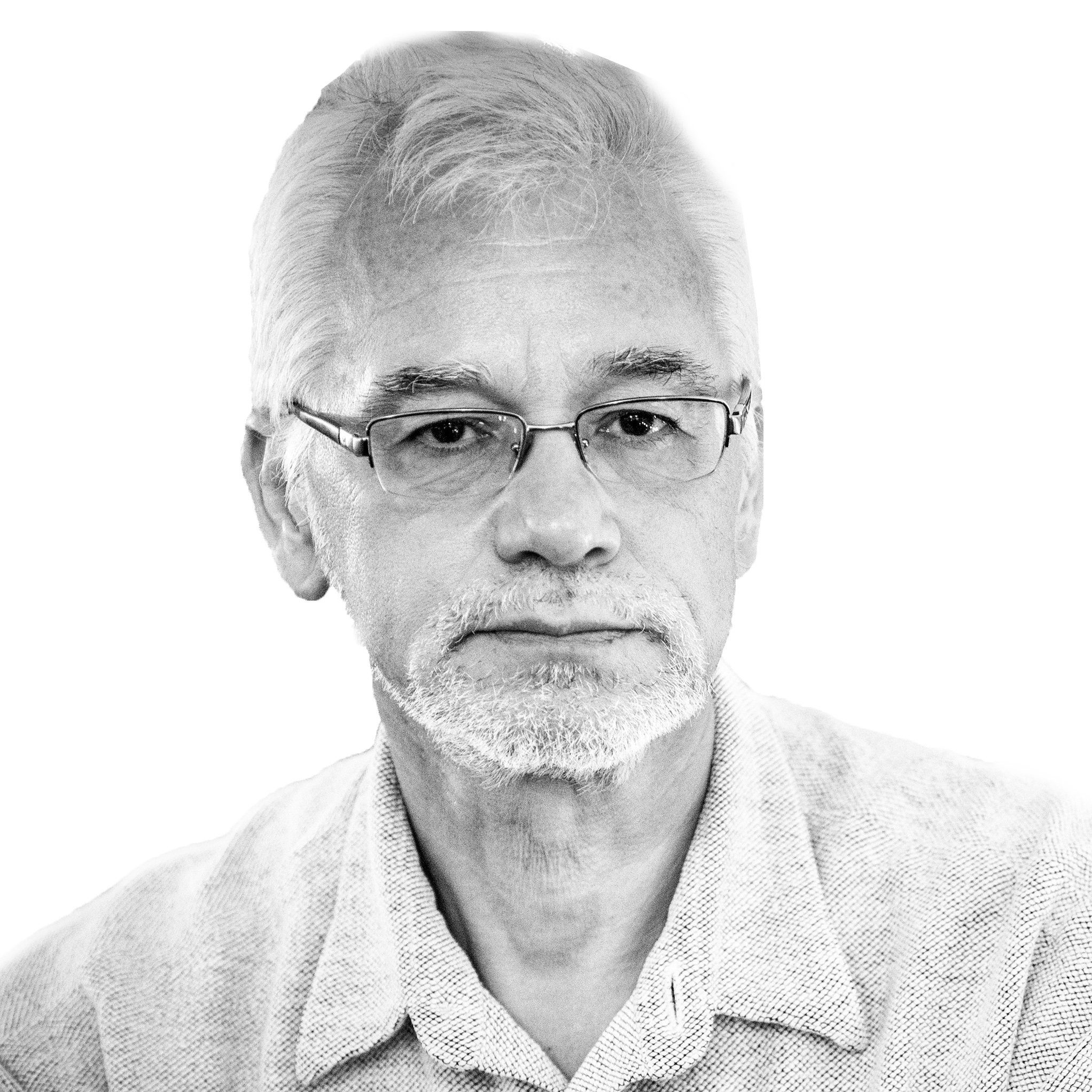ISTANBUL — Russia and NATO member Turkey came head to head on Tuesday as Turkish warplanes shot down a Russian fighter jet near the border with Syria, setting the stage for a possible Cold War-style confrontation between East and West.
NATO called an emergency meeting at its headquarters in Brussels for Tuesday afternoon following the border incident. Turkish Prime Minister Ahmet Davutoglu said his country had the right to defend itself against airspace violations. But Russia’s President Vladimir Putin accused Turkey of a “stab in the back” and warned of serious consequences for bilateral relations.
Turkey’s government and military said the Russian SU-24 fighter plane entered Turkish airspace on Tuesday morning over the border province of Hatay and did not turn back despite 10 warnings within five minutes, which is why two Turkish F-16 jets patrolling the area engaged the Russian plane.
ADVERTISEMENT
Television footage showed the SU-24 going down in flames over the Bayirbucak region on Syrian territory. The two pilots ejected, their parachutes being clearly visible on pictures published by Turkish media.
Unconfirmed reports said both pilots landed in a region dominated by Syrian Turkmen, an ethnic group that has links with Turkey. The Turkmen live close to the border with Turkey and are considered allies of Ankara. Both pilots reportedly were shot by Turkmen militia men during their descent.
Both pilots reportedly later died from injuries. A video shown by the Turkish service of Al Jazeera showed a lifeless man in uniform lying on the ground. There was no confirmation.
While the Turkish military released a radar map to prove that the Russian jet had crossed the border, the Russian defense ministry said no such incursion happened. Moscow also said the plane, traveling at an altitude of 6,000 meters, was brought down by ground fire, not by air-to-air missiles from another jet. Some observers in Turkey said the radar map contradicted the Turkish statement about a warning period of five minutes because the jet would have needed less than a minute to enter and exit Turkish airspace at the indicated location.
Turkish media quoted a Turkmen militia commander as saying his group brought down the SU-24 with a ground-to-air missile, a statement that could confirm the Russian version. But it was far from certain that the Turkmen group in question actually has ground-to-air missiles in its arsenal.
Just a few days ago, Turkmen commanders called for the delivery of anti-aircraft weapons from Turkey to be able to beat back Russian airstrikes. Turkish opposition figures accused the government in Ankara of failing to protect Turkmen in Syria.
In March last year, Turkey shot down a Syrian fighter jet that had reportedly strayed into Turkish airspace. But the confrontation in Hatay was something Turkey and Russia, despite being in opposing camps in the Syrian conflict, have been trying to avoid since the start of Russia’s airstrikes in Syria in support of Syria’s President Bashar al-Assad in September.
Turkey, which opposes Assad and wants him to go, protested several times in recent months after Russian fighter jets crossed into Turkish airspace during airstrikes in northern Syria, along the 900-kilometer border with Turkey.
Ankara was not prepared to accept an “occupation by Russia and Iran” in Syria, Ibrahim Karagul, a Turkish journalist close to the government, commented on Twitter. Iran is another ally of Assad.
Until Tuesday, both Turkey and Russia left it at diplomatic exchanges, but the situation in the part of Syria bordering on Hatay province escalated in recent days. Turkey says Russian fighter jets and Syrian government troops stepped up their attacks against Turkmen villages and militias in the area, sending 1,700 refugees across the border into Turkey.
Countering Russian statements saying that airstrikes were directed against Islamist extremists like the so-called Islamic State (ISIS) militia, Turkish Prime Minister Ahmet Davutoglu said there was no ISIS presence in the Turkmen area.
Turkish newspapers speculated that the Russian-Syrian offensive in the Turkmen region could be a part of efforts by Moscow and Damascus to make gains ahead of a possible ceasefire in the coming weeks. World powers who met in Vienna this month agreed to organize talks between the Syrian government and the opposition that could lead to new elections within 18 months.
Turkey assumes the fresh fighting close to the border reflects a push by Damascus and its Russian allies to reclaim the northwestern province of Idlib, which fell to rebels this year and is held largely by the Army of Conquest rebel alliance that includes al Qaeda affiliate the Nusra Front.
For Turkey, the stakes in a direct confrontation with Moscow would be high. The country is heavily dependent on Russian natural gas and has been careful in recent years to develop a close relationship with the administration of Russian President Vladimir Putin. Should Moscow decide on retaliatory action against Turkey, “things will be bad,” the Turkish political scientist Sedat Laciner wrote on Twitter.
Howard Eissenstat, an associate professor at St. Lawrence University in Canton, New York, said on Twitter it was “unlikely that Russia or Turkey is seeking escalation.” But Russian Foreign Minister Sergei Lavrov canceled a visit to Turkey scheduled for Wednesday and called on Russian tourists to stay away from Turkey, an appeal that could have devastating consequences for Turkey’s tourism industry.
Meanwhile, Turkey summoned the chargé d’affaires of the Russian embassy in Ankara to the foreign ministry. Serdar Kilic, the Turkish ambassador to Washington, said on his Twitter account that Turkey was a country whose “words and warnings must be heeded.” Without naming Russia he added: “Don’t test our patience.”






